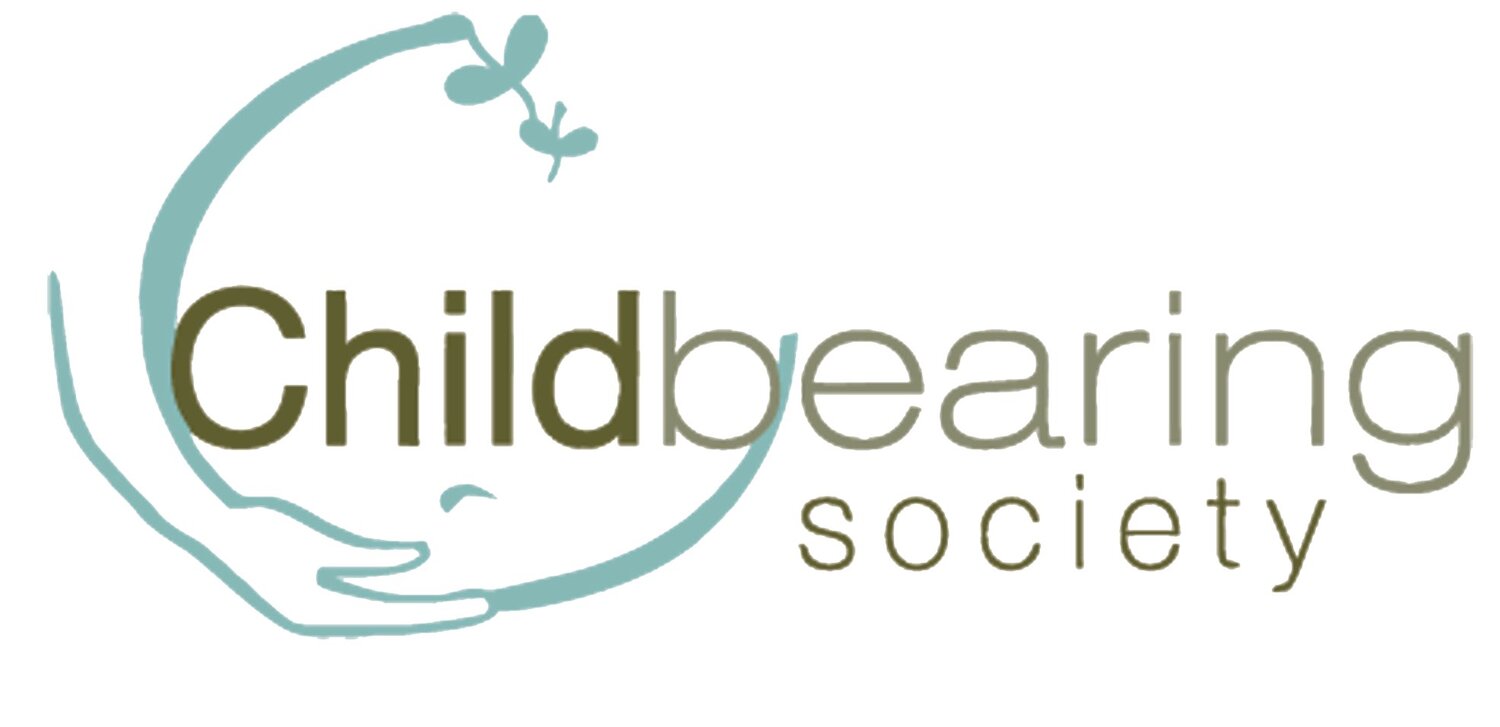Newborn Myths Revealed
As a new parent you may feel bombarded with information about babies from many different sources, the Internet, books, other parents, and grandparents! Sometimes it’s challenging to know what is accurate and helpful. Here are 7 popular newborn myths debunked!
Myth #1:
At birth the newborn’s brain is fully developed just like one’s stomach or heart.
Fact: Most of the brain cells are formed before birth, but the connections between the cells are made in infancy and early childhood. In other words, most of your baby’s growing happens on the outside, as they are born with 25% of their adult brain size. Their brain doubles in size in the first year of life from one pound to two pounds and grows more in the first two years than in their whole life span!
Myth #2: The brain’s development depends entirely on the genes with which you were born.
Fact: Early experience and interaction with the environment is most critical in baby’s brain development. Babies are expecting to have experiences to grow their brains in the early months. Every time we hold them, nurture them, respond to their cries, talk with them, we are helping their brains to grow and develop.
Myth #3: Newborn babies don’t understand us when we speak to them until they get to at least crawling age.
Fact: Talking to babies establishes foundations for learning language at critical periods of development. In fact, babies in the womb are already responding to language. Babies are trying to understand the world through us; they are drawn to our eyes and our mouth and understand our tone, and the meaning behind our words. Babies whose parents frequently talk to them know 300 more words by age 2 than babies whose parents rarely speak to them.
Myth #4: Babies can benefit from specific educational toys to help them develop their brainpower.
Fact: Your face is your newborn’s best toy! What babies’ need most is, loving, responsive, sensitive and consistent care. That is what grows their brains optimally. A caution about screen time, the Canadian Pediatrics Association recommends no screen time before the age of 2 and very limited after that. Babies who spend time in front of a screen know fewer words and it interferes with their development of language and attention.
Myth #5: If I hold my baby too much, I’ll spoil her.
Fact: it’s impossible to spoil a baby. That’s the good news. Your baby is expecting to be picked up frequently and held. These early experiences are shaping her brain and nervous system. In the first two years your baby is learning about trust and safety. Every time you pick them up, carry them, you are teaching them that the world is a safe place to be and they can trust those around them to meet their needs. This creates secure attachment with them, which stays with them for life.
Myth #6: ‘Good’ babies sleep through the night, sleep alone, and do not require attention in the night’.
Fact: Babies are operating according to their own internal biological rhythms. Their sleep mechanism is learned and isn’t fully mature yet. Babies wake up and need help getting back to sleep. They will wake up and call for help, want someone to reassure them, feed them, change them, comfort them, and then they may need help to get back to sleep. Encouraging your 2 month old to sleep longer and deeper may put your baby at risk, as arousal from sleep is thought to be an important mechanism protecting babies from potentially fatal heart rate or breathing episodes associated with Sudden Infant Death Syndrome (SIDS).
Myth #7: Babies need only six to eight feedings a day by eight weeks of age, five to six feedings a day by three months, no more than four or five feedings a day by six months of age.
Fact: A breastfed baby’s frequency of feeding will vary according to the mother’s milk supply and baby’s developmental needs. Growth spurts, teething, digestion issues, illnesses and developmental leaps can temporarily change a baby’s feeding patterns. Studies show that breastfeeding babies fed on cue will settle into a pattern that suits their own unique situation. The caloric intake of a breastfed baby increases toward the end of the feeding, so putting arbitrary limits on the frequency or duration of feedings may lead to inadequate caloric intake.
About the Author:
Bonnie Davis is a craniosacral therapist, parent educator, and counsellor. Her passion has been supporting families in the Lower Mainland for the past 15 years. She offers private home sessions for craniosacral therapy, attachment related concerns, sleep issues and general parenting support. She also teaches parent education and “developmental play classes for babies” at local community centres. Check out her latest video! http://www.familycontinuum.com/group-classes.php
